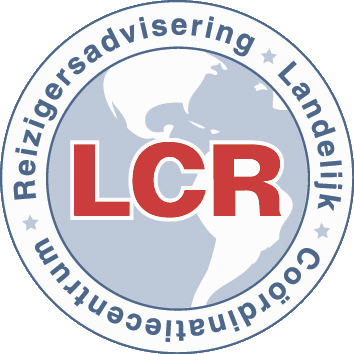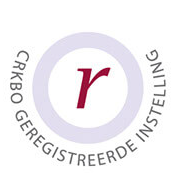With improvements of medical care, increasing numbers of people with underlying medical conditions are travelling to high altitude. These trips can lead to risks, including developing acute altitude illnesses, as well as the risk of infection associated with travel. Andrew Luks wrote a review focussing on transplant recipients travelling to high altitude. Aim of the review was to provide information for medical providers who encounter transplant patients seeking medical advice.
There is currently limited information in the literature about this particular group. Only three reports on this topic have been published. They document the experience of 24 solid organ transplant patients at high altitude. The transplant recipients were a minimum of 12 months from surgery with no evidence of rejection or significant cardiopulmonary limitation, were well trained and used pharmacologic prophylaxis against acute altitude illness. These well selected transplant patients could tolerate ascents to as high as 6200 meters. The available evidence suggests that the physiologic responses to hypobaric hypoxia and the incidence of acute altitude illness in transplant recipients are comparable to nontransplanted individuals.
The following is recommended for transplant patients going to high altitude:
- Pretravel assessment and counseling with an emphasis on the recognition, prevention, and treatment of altitude illness, as well as the importance of preventing infection and limiting sun exposure. When there is evidence suggestive of acute rejection the plans should be postponed until evaluation is completed.
- Standard medications for altitude illness prophylaxis and treatment can be used, taking into account the patient’s preexisting medication and renal function.
- Travel with a full supply of medications and useful medical information (e.g. medication list, contact information for their transplant physician).
- With careful attention to these and other details, the healthy transplant recipient can safely experience the rewards of traveling in the mountains.
Read the whole review and all recommendations here.
Luks AM. High Altitude Medicine & Biology. 2016, ahead of print. doi:10.1089/ham.2016.0060.




